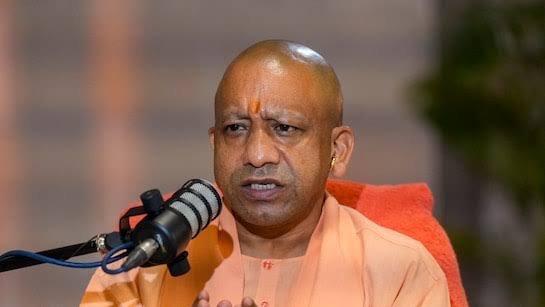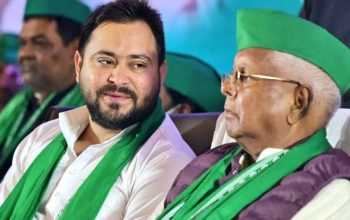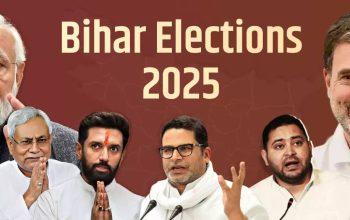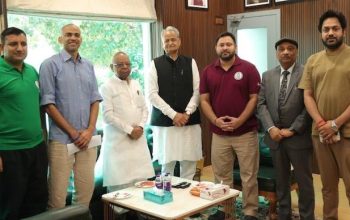Lucknow | New Delhi Chronicle — In an apparent bid to bridge the communication gap between elected representatives and the administrative machinery, Uttar Pradesh Chief Minister Yogi Adityanath on Sunday convened a high-level interaction with MPs, MLAs, and senior officials from Kanpur, Jhansi, and Chitrakoot divisions.
The dialogue, held at the CM’s official residence in Lucknow, focused on aligning state development initiatives with feedback from grassroots leaders. This initiative — informally dubbed mandalwar samvad (divisional dialogue) — seeks to institutionalise consultations with local representatives before finalising infrastructure and welfare projects.
A total of ₹19,690 crore in projects were given the green light following these consultations: ₹10,914 crore for the Kanpur division, ₹4,901 crore for Jhansi, and ₹3,875 crore for Chitrakoot. Key proposals included improved road networks, irrigation upgrades, logistical facilities, and better access routes to religious sites.
Sources present at the meeting revealed that MLAs and MPs were encouraged to voice local needs and propose region-specific projects. The Chief Minister reportedly directed officials to take public representatives’ inputs seriously while planning and executing development schemes. He also asked MLAs and MPs to closely monitor the progress and quality of ongoing works in their constituencies.
“He took note of the ground-level issues and urged coordination between the administration and elected representatives to meet public expectations more effectively,” a senior official told New Delhi Chronicle.
Additionally, the Chief Minister instructed that local leaders’ names be inscribed on foundation and inauguration plaques of approved development works — a symbolic yet significant gesture aimed at acknowledging their role.
The initiative comes amid growing concerns from several public representatives regarding delays and lack of responsiveness from bureaucratic ranks. With local body elections nearing and the 2027 Assembly elections on the horizon, the outreach is seen as a step towards improving administrative harmony and accelerating developmental delivery at the grassroots.
“Many of us had voiced concerns about bureaucratic hurdles in implementing projects and resolving public grievances. This engagement reflects a positive shift toward collaborative governance,” said a legislator who attended the meeting.
Officials indicated that similar meetings will be scheduled for other divisions in the coming weeks.




